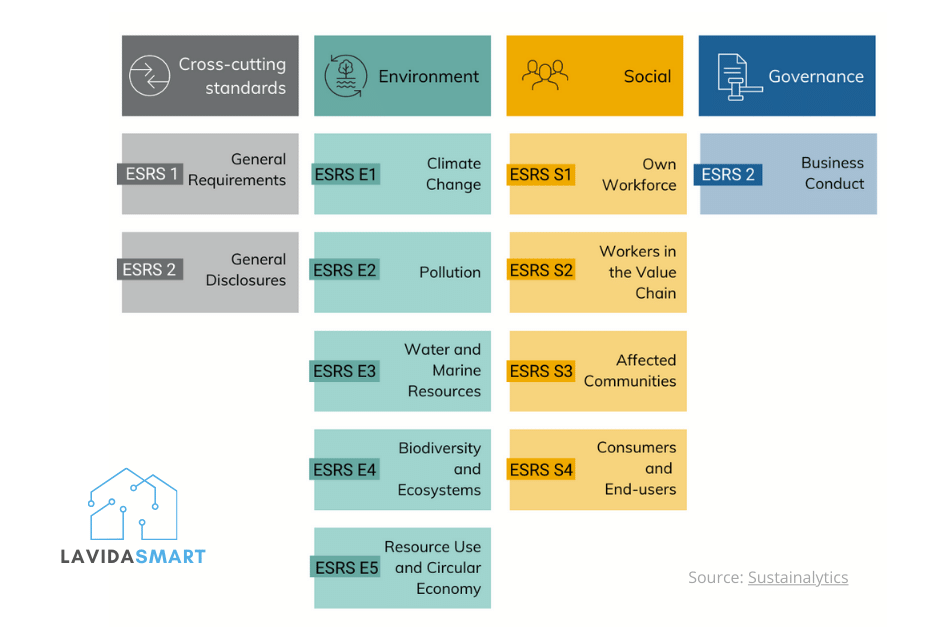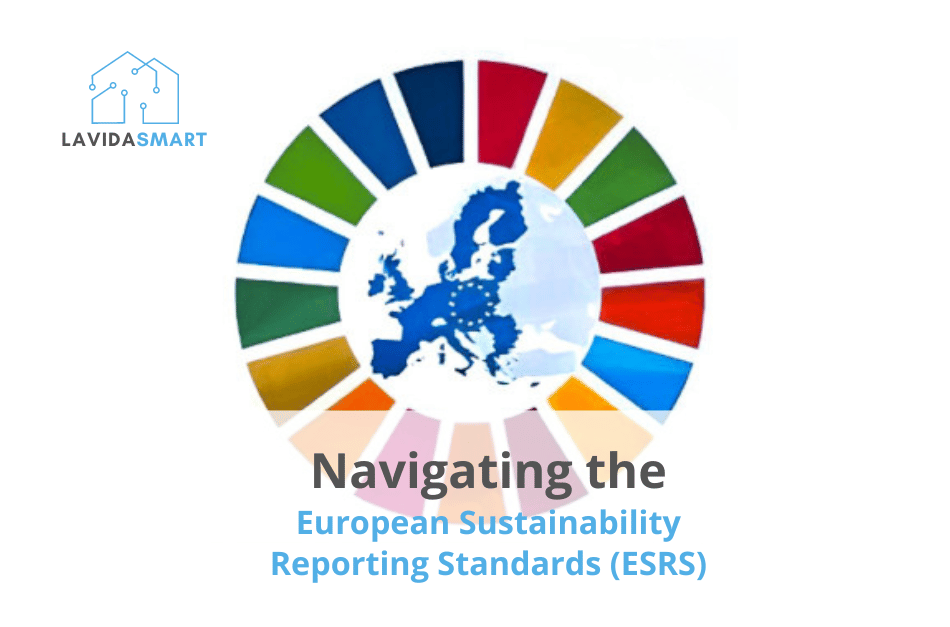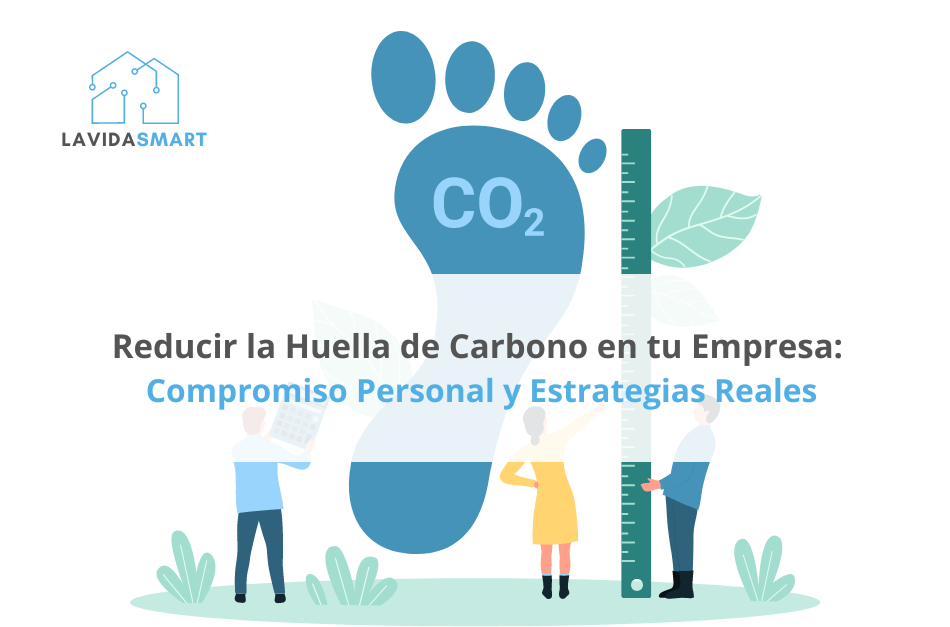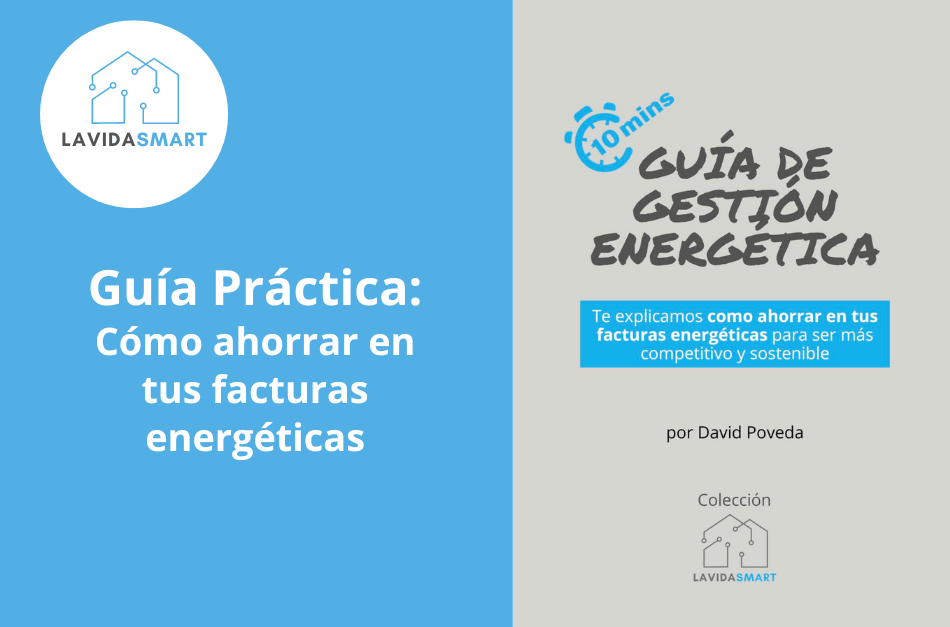Creating a Corporate Sustainability Report (CSR) in alignment with the European Sustainability Reporting Standards (ESRS) is a multifaceted endeavor that demands meticulous planning, rigorous data collection, and transparent reporting. Below is a comprehensive guide to help organizations navigate the intricacies of the CSR process while adhering to ESRS guidelines:
1. Define Objectives and Scope:
– Clearly articulate the objectives of the CSR and define the scope of the report. Identify key stakeholders who will be impacted by the report’s findings.
2. Engage Stakeholders:
– Foster stakeholder engagement by involving employees, customers, investors, suppliers, and local communities in the CSR process. Gather insights on sustainability priorities and expectations.
3. Establish Governance Structure:
– Form a cross-functional team to oversee the CSR process. Define roles, responsibilities, and communication channels within the team.
4. Conduct Materiality Assessment:
– Identify and prioritize sustainability issues relevant to your organization through a materiality assessment. Focus on issues that are significant to stakeholders and the business.
5. Data Collection and Analysis:
– Collect comprehensive data on environmental, social, and governance (ESG) performance indicators. Analyze the data to evaluate performance against internal targets, industry benchmarks, and regulatory requirements.
6. Set Goals and Targets:
– Establish specific, measurable, and time-bound sustainability goals aligned with organizational objectives. Ensure that these goals address key ESG issues and stakeholder expectations.
7. Report Preparation:
– Develop the structure and content of the CSR report according to ESRS guidelines. Include sections on strategy, governance, performance, achievements, challenges, and commitments.
– Ensure transparency and accuracy in reporting by adhering to recognized sustainability reporting frameworks such as GRI Standards or SASB standards.
8. Review and Verification:
– Conduct a thorough review of the CSR report to ensure accuracy, consistency, and compliance with ESRS guidelines. Consider engaging external stakeholders or independent auditors for verification.
9. Publication and Communication:
– Publish the CSR report on relevant platforms and distribute copies to key stakeholders. Develop a communication strategy to effectively communicate the report’s findings and engage stakeholders.
10. Monitor and Update:
– Regularly monitor progress towards sustainability goals outlined in the CSR report. Evaluate the effectiveness of initiatives and update the report accordingly to reflect changes in performance and stakeholder expectations.
European Sustainability Reporting Standards (ESRS)

European Sustainability Reporting Standards (ESRS) encompass a comprehensive framework for corporate sustainability reporting. This framework consists of 12 standards, each addressing a wide spectrum of sustainability issues.
| Group | Number | Subject |
| Cross-cutting | ESRS 1 | General Requirements |
| Cross-cutting | ESRS 2 | General Disclosures |
| Environment | ESRS E1 | Climate |
| Environment | ESRS E2 | Pollution |
| Environment | ESRS E3 | Water and marine resources |
| Environment | ESRS E4 | Biodiversity and ecosystems |
| Environment | ESRS E5 | Resource use and circular economy |
| Social | ESRS S1 | Own workforce |
| Social | ESRS S2 | Workers in the value chain |
| Social | ESRS S3 | Affected communities |
| Social | ESRS S4 | Consumers and end users |
| Governance | ESRS G1 | Business conduct |
ESRS 1, known as «General Requirements,» lays out fundamental principles for adherence to ESRS guidelines without specifying explicit disclosure mandates. On the other hand, ESRS 2, or «General Disclosures,» mandates the disclosure of essential information regardless of the sustainability aspect under consideration. Notably, ESRS 2 is compulsory for all companies within the CSRD scope.
The remaining standards, along with their individual disclosure requirements and data points, undergo a rigorous materiality assessment. This process ensures that companies report only pertinent information aligned with their business model and activities. Disclosure requirements deemed material are non-negotiable; companies must disclose such information and subject their materiality assessment to external assurance in line with Accounting Directive provisions.
To comply with ESRS, companies are obligated to conduct a robust materiality assessment. This ensures the disclosure of all pertinent sustainability information necessary to fulfill the objectives and requirements of the Accounting Directive. In instances where a company determines that climate change is not a material topic and thus opts not to report accordingly, it must furnish a comprehensive explanation of its materiality assessment findings concerning climate change. This stipulation underscores the significant and systemic impacts of climate change across the economy.
By following this plan, organizations can produce a CSR report that not only complies with ESRS but also demonstrates their commitment to environmental stewardship, social responsibility, and ethical business practices. With transparency and accountability as guiding principles, organizations can pave the way towards a sustainable future for all.
At lavidaSMART, we’ve been dedicated to assisting our customers in reducing their carbon footprint since 2000 and now we also help to obtain your ESRS Certificate. Thanks to their trust and partnership, we’re honored to have saved nearly 5,000 tons of CO2 emissions annually.
Complaining with the ESRS and reducing your carbon footprint is simpler than you might imagine. Get in touch with us today—your children will thank you!
#ESRS #CSR #SustainabilityReporting #ESG #CorporateTransparency #Standardization #StakeholderEngagement #Accountability #SustainableBusiness #ClimateAction #Transparency #SustainableFuture #CorporateGovernance #EnvironmentalReporting #SocialResponsibility #GlobalGoals #BusinessEthics #EURegulations






